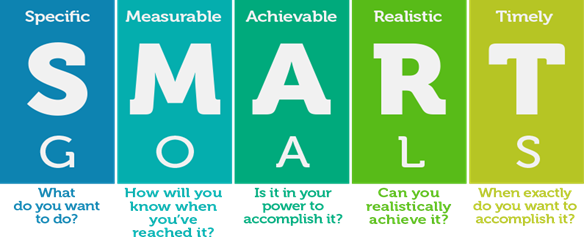Take care of your wellbeing first so that you can provide care and support for your team members and subordinates
Work is inherently stressful, but working in the midst of the COVID-19 pandemic has brought on unprecedented pressures in the workplace.
Uncertainty breeds anxiety, and we are living in uncertain times. Between rising numbers of Covid-19 cases, questions about whether or not to reopen economies and businesses, unprecedented months-long lockdown measures, and the economic fallout of the pandemic, we don’t know what will come next. And that’s taking a toll on our mental health, including at work.
It’s not just the rank-and-file who are feeling the strain; even workplace leaders are bearing the brunt of isolation, loss of work-home boundaries, and work overload that leads to mental health concerns like depression and anxiety. This is concerning because according to a 2015 article by Canadian Business, “even sub-clinical levels of depression are enough to detract from transformational leadership.” The article adds: “The negative effects on leadership go further: Both sub-clinical levels of depression and anxiety are linked with higher levels of abusive supervision.”
If you are an executive or manager, it’s important that you take care of your mental health first, not just because it affects your leadership but also because it sets the tone for the rest of the team’s wellbeing. It’s much like the rule in an airplane about putting in your own oxygen mask first before assisting others; you have to take care of yourself so you can do the same for everyone else.

Here are some ways you can improve your mental health:
- Know the difference between the things you can control and those that you cannot. When you focus too much on what you can’t control (i.e. difficult co-workers or the neverending piles of paperwork) you take energy and attention away from the things that you CAN control (i.e. how you respond to the co-worker or how you manage your time). This makes us less effective and potentially leads to the outcomes we fear the most, such as arguments with the colleague or not achieving work-life balance.
So the next time you find yourself worrying or feeling uncertain about a particular area of your life, try using the questions below to clarify where you have control, where you don’t, and how to focus on what matters:
- Think of an ongoing unresolved situation in your life. Write a brief outline of the facts and why it feels unresolved for you.
- What can you control in this situation? Make a list.
- What can’t you control in this situation? Make a list.
- Be honest with yourself — on which of the above things are you spending most of your energy and attention right now?
- How can you focus more on the things you can control? What would that look like?
Once you know that you are doing as much as you reasonably can to create a healthy happy space in your mind, the more at peace you will feel about all the variables outside of your control. This does not mean that you are free from nerves or anxiety, but that input and effort can give you deeper self-trust and veer away from feelings of hopelessness and anxiety.
2. Reframe your thinking. This means identifying your negative and unhelpful thoughts and replacing them with more positive or adaptive ones.Examples of negative thoughts include:
- Limiting beliefs, i.e. “I am not good enough to head this project”
- When you wish that something acceptable were better a.k.a the fear of missing out “
The next time a negative thought enters your head, replace them with positive ones by:
- Using milder wording. “I hate that guy” will only make your anger worsen; “I’m not a fan of that guy” sounds better.
- Ask yourself ‘What can I learn from this?’” This way, every obstacle becomes a learning opportunity.
3. Practice self-compassion. This means being understanding towards yourself during times that you feel inadequate, unsuccessful, or are suffering. Instead of beating yourself up with self-criticism, treat yourself gently and recognize that you are only human. Nobody is perfect; all humans suffer and make mistakes, so self-compassion means recognizing that problems and trials are things that everyone in the world goes through and not just you alone.
4. Prioritize self-care. Focus on yourself and do activities that nurture your physical, mental, and emotional health. It seems easy and simple, but it’s the first thing that people forget about when they become busy,” reminds Minique. Practicing proper self-care habits will keep you from reaching the point of exhaustion, helping you function normally under stress, and refocus to help you perform better.
5. Seek help. The truth is we’re all going to struggle at some point. We’re going to have moments when we can’t find the strength to stand, or when we just can’t do it alone. And in those moments are when we have to know that it’s okay to lean on others. It’s okay to seek assistance and love outside of ourselves. Strength does not always have to come from your body. It can come from surrounding yourself with people who love you, and from people and resources outside of your expertise. If you are feeling anxious and overwhelmed, a good place to start to get help from MindNation psychologists. Book a teletherapy session thru the MindNation app.

By taking care of our own mental health, we become a more effective, empathetic, and perceptive leader and by extension create happier, healthier, and more productive teams.
Fore more information about MindNation’s products and services, visit www.mindnation.com.




























